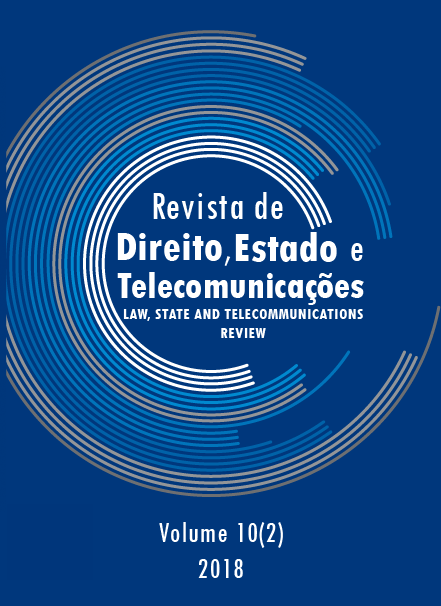Software Development in Colombia: A Legal Approach
DOI:
https://doi.org/10.26512/lstr.v10i2.21493Keywords:
software development, intellectual property, copyright, software development contractsAbstract
Purpose ”“ In recent years, Colombia has been a very active country in the region, supporting the innovation and technology sector. The Ministry of Information and Communication Technologies (MINTIC) has implemented various programs, plans and strategies that from the national government seek to improve innovation and technology, within innovation and technology is the development of software, which as a construction of the human intellect deal with the need to be protected by the intellectual property regulations, specifically by the copyright laws for the Colombian case. Plans such as Live Digital in Colombia address the need of the country to be at the forefront of technology and seek the inclusion of society not only in the management of information technologies, but also in the creation, construction and development of these technologies, which promotes several public policies such as employment generation and poverty reduction. This describes the state of the art of the existing software legislation in Colombia.
Methodology ”“ It is important to determine, within the Colombian legal system, the relevant regulations that regulate intellectual property in relation to the industry that develops software, for which purpose this research is carried out, followed by the study of the software development industry in Colombia, and the identification of regulations that exist on the matter.
Findings ”“ It was possible to condense the state of the art in the legal field of software within the category of Copyrights in Colombia conceived, from the legal perspective, as a set of products such as computer program, the program description and the auxiliary material.
Practical implications ”“ By carrying out this research, it has been possible to demonstrate the status of the software development regulations in Santiago de Cali and to propose solutions to the existing risks in the matter, making software developers to self-manage their intellectual property.
Originality ”“ This article is useful for microenterprises and software development companies, as it offers an alternative instrument to protect intellectual property.
Downloads
References
ALVAREZ, M., Restrepo, Luz. El derecho de autor y software. Medellín, Colombia, Editorial Universidad Pontificia Bolivariana, 1997.
ARRUÑADA, B. Teoría Contractual de la empresa. Editorial Marcial Pons, 1998.
BYGRAVE, L. A. Data privacy law an international perspectiva. Londres: Oxford University Press, 2014.
BUITRAGO, L. E. Derecho intelectual. Editorial librería ediciones del profesional, Segunda Edición, 2003.
DE LUCCA, N.Contratación informática y telemática. Pontificia Universidad Javeriana, Bogotá, Colombia, 2012.
GHERSI, C. A. Metodología de la investigación en las ciencias jurídicas. Editorial GOWA Ediciones profesionales, Buenos Aires, Argentina, 2007.
GIRALDO A. J. Metodología y técnica de la investigación socio jurídica, Bogotá, Colombia, 2012.
Grupo de Estudios en internet. Contenido electrónico, telecomunicaciones e informática. GECT. Derecho & TIC 10.0. Universidad de los Andes, Bogotá, Colombia, 2011.
LOPEZ ROMÁN L., Montenegro de Timarán M. I., Tapia Fierro R. M. La investigación, eje fundamental en la enseñanza del derecho, guía práctica, Editorial Universidad Cooperativa de Colombia. Bogotá, Colombia,2006.
PEÑA, V. D. BAZZANI, J. D. Los aspectos legales de la legislación en la nube. Universidad del Externado de Colombia, Bogotá, Colombia, 2010
PRESSMAN, R.S. Ingeniería del software, un enfoque práctico, séptima edición. Editorial McGraw Hill, Mexico, 2010.
REYES,V. F. derecho societario en estados unidos y la unión europea. Editorial Legis, Bogotá, Colombia, 2013.
República de Colombia. Sentencia 1011, Corte Constitucional, 2008.
República de Colombia. Sentencia C-748. Corte Constitucional, 2011.
Downloads
Published
How to Cite
Issue
Section
License
By submitting this paper to the Law, State and Telecommunications Review,
I hereby declare that I agree to the terms of the Creative Commons Attribution 4.0 International (CC BY 4.0).


